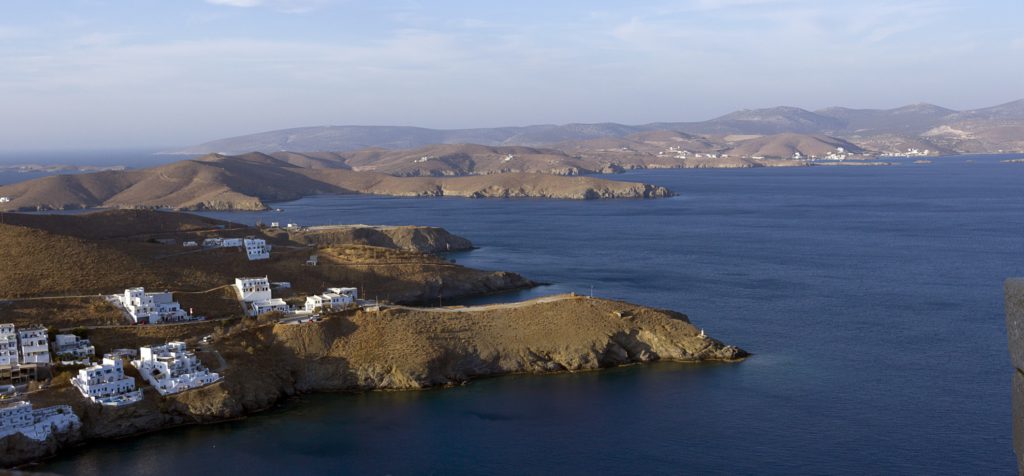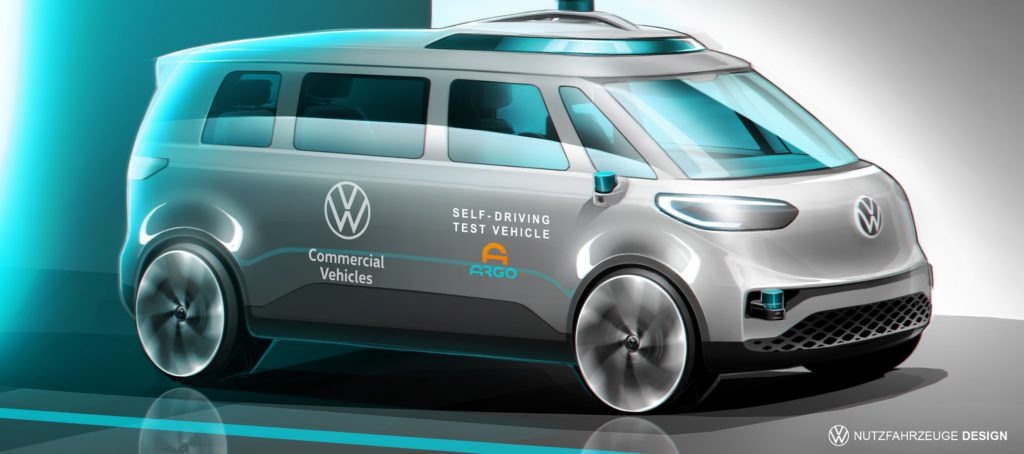SEAT gets Astypalea MOving
08 June 2021

SEAT MO has introduced its eScooter 125 to Astypalea. The all-electric mobility solution forms part of Volkswagen Group’s (VW’s) plan to transform the Greek island into a clean, smart and sustainable transport hub.
The German automotive company is working alongside the Greek government to mould Astypalea into a model of climate-neutral mobility. The six-year project began in 2020 and will involve a ride-sharing service made up of some 1,000 electrically-chargeable vehicles (EVs). With its MO eScooter, SEAT will play an integral part in this transformation.
′Astypalea will be a future lab for decarbonisation in Europe. We will be researching in real time what motivates people to switch to e-mobility, and which incentives are needed to transition to a sustainable lifestyle. The learnings will help to accelerate the transformation towards sustainable mobility and green energy in Greece,’ said Herbert Diess, CEO of VW. ′Worldwide, climate protection is gaining enormous traction. Volkswagen has been driving this change, offering the full range of sustainable mobility – from cars, to charging to sustainable energy solutions. Astypalea can become a blue print for a rapid transformation, fostered by the close collaboration of governments and businesses.’
Electric island
The MO eScooter 125s were among the first EVs to hit the island this month. Prime Minister Kyriakos Mitsotakis, VW CEO Herbert Diess and deputy foreign minister Kostas Fragogiannis, saw the vehicles go into service. The scooters were deployed alongside Greece’s first fully-electric police car, airport vehicles and those used by the island’s municipality. Eventually, private customers will have access to a range of options, from SEAT’s scooter, to VW’s e-up!, ID.3 and ID.4. These options will fall into a larger smart and sustainable transport system powered by locally-generated green energy. Shared-mobility services will feature front and centre, replacing the existing public-bus service and reducing the island’s need for vehicles by a third. VW and the Greek government signed a memorandum of understanding last November, cementing these plans. ′It is a great milestone for SEAT MO being part of Volkswagen Group’s exciting project. With these initiatives, we are actively contributing to improving the environment, the mobility and the life quality of people on the island,’ said Lucas Casasnovas, managing director of SEAT MO. ′Our SEAT MO eScooter 125 and our new mobility solutions are currently arriving on the main European markets and Greece, and Astypalea could become a benchmark project on transformation to 100% sustainable-mobility solutions, e-scalable and adaptable to other islands or big urban areas.’ MOving on up Investing in electromobility is, to put it mildly, quite expensive. Large developmental costs stack up rapidly as OEMs bring their fleets up to speed. In July last year, SEAT confirmed it planned to invest €5 billion in electric research and development by 2025. Big overheads like these mean new EVs come with large price tags. While early adopters with deep pockets are able to get in early on the electric trend, automotive companies are assessing how to make electromobility accessible for as many consumers as possible. This means leaning away from the traditional label of ′carmaker’ and towards ′mobility provider.’ App-powered ride-sharing looks to be a popular solution, which in turn fuels the development of micro-mobility options like scooters. The SEAT MO Scooter 125 is a particularly good example – with 137km of range, it is well suited to urban trips. Equipped with a removable battery that folds out into a trolley, users can wheel the unit around with them, keeping it topped up as they go. Clever design features and appealing apps are useful tools to attract consumers to new these options. However, ′mobility providers’ must ensure these options are just as capable as the traditional transport options they are designed to replace. This is particularly true if options like these are to replace public-transport options, which are an institution in their own right. A Greek transformation Scientists from the University of Strathclyde in Scotland and the University of the Aegean in Greece will monitor and evaluate Astypalea’s transformation. Surveys will reveal how the island’s occupants feel about transformation and electromobility. Illuminating the successes and barriers of the transition, the study will be made public to help accelerate the switch in other regions. ′Greece is on a mission to transform our economy and society into ″Greece 2.0″, by leading the green revolution and harnessing the latest digital technology. Our plans are bold. Astypalea will be a test bed for the green transition: energy autonomous, and entirely powered by nature. This beautiful island is a central pillar in that transition, and I am enormously grateful to the local community for their continued support for the project,’ said Mitsotakis. ′Our unique partnerships with Volkswagen, one of the world’s most dynamic and innovative car companies, and with the brilliant research teams at the Universities of the Aegean and Strathclyde, will give us vital insights that will help us to create incentives for change on our journey to a cleaner, greener and more sustainable future. Together we will harness the wind and the sun to power that brighter future,’ he added. The Hellenic republic is also mapping out a two-phase renewable-energy transition away from its present diesel-generator-led system. By 2023, a new solar park will provide some three megawatts of green energy, covering 100% of the EV charging demand and more than half of the island’s overall energy requirements. By 2026, this will grow to cover 80% of the total energy demand. Additionally, a battery-storage solution will help balance the grid and make use of the solar park. This means the CO2 output of the island’s energy system will be significantly reduced, while energy costs could fall by 25%.Governments, Companies, society- there is a big will to reach the climate goals. The biggest risk: too slow regulation. Astypalea will show whats possible with committment & close collaboration! @kmitsotakis @EU_Commission @vonderleyen @TimmermansEU pic.twitter.com/iaw0rJoVh4
″” Herbert Diess (@Herbert_Diess) June 3, 2021


